TV shows in the 70s and 80s were filled with memorable moments, but not every episode made it to the airwaves without controversy. Some episodes sparked backlash, were considered too sensitive for the time, or simply didn’t align with the network’s direction. As a result, they were pulled from the schedule, often leaving viewers with lingering questions and a sense of curiosity about what might have been.
From groundbreaking storylines to moments deemed too edgy for mainstream television, these 20 episodes were removed, sometimes never to be seen again. For some, the decision to pull these episodes was a reflection of the cultural climate of the time, while others may have been influenced by behind-the-scenes drama. Regardless, these missing episodes have become a piece of TV history that continues to intrigue fans and spark debates about censorship, entertainment, and the changing norms of television.
The X-Files: “Home”
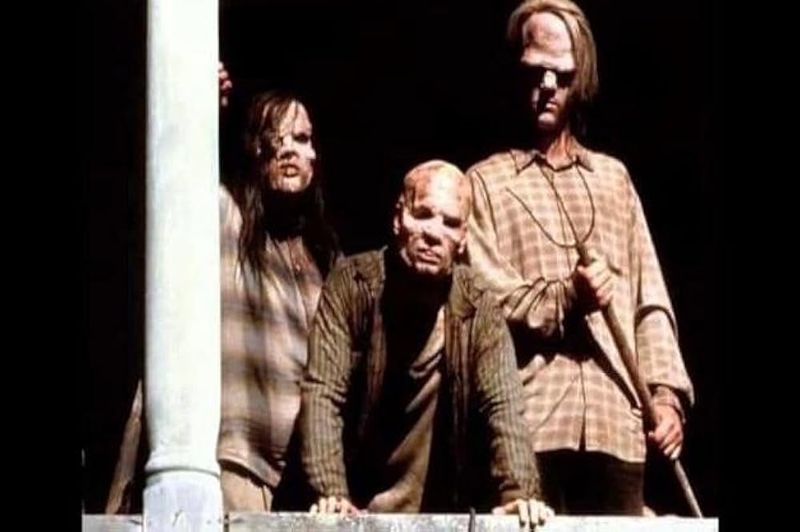
The X-Files episode “Home” is infamous for its unsettling portrayal of a reclusive, inbred family living in a farmhouse. The chilling imagery and disturbing themes led to its removal from the airwaves. This episode, drenched in a haunting atmosphere, left viewers with an eerie sensation.
Soon after its broadcast, the network pulled it due to complaints about its shocking violence and explicit content. Notorious for pushing boundaries, “Home” remains a cult favorite among fans who relish its macabre storytelling.
Despite its initial reception, it has since been acknowledged as a television landmark.
The Twilight Zone: “The Encounter”
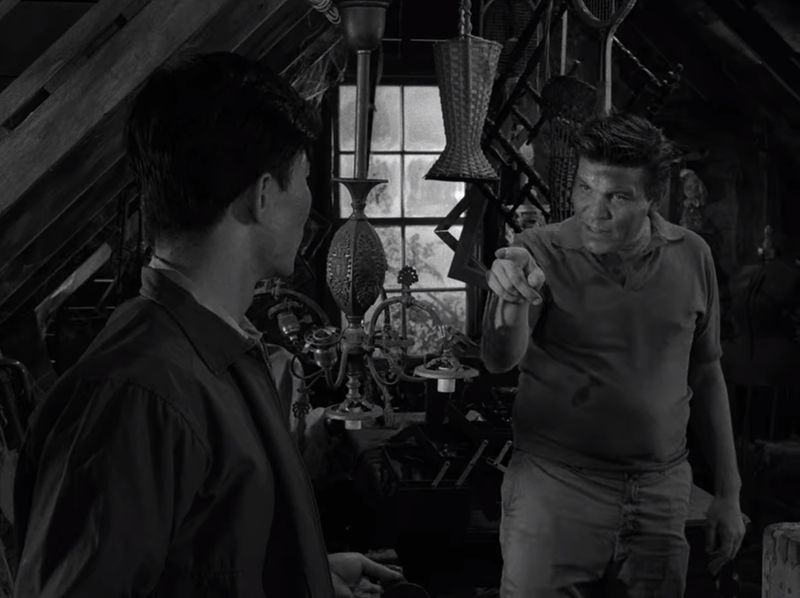
“The Encounter” is a unique episode of The Twilight Zone, delving into post-war racial tensions. Featuring a Japanese-American gardener and a World War II veteran, the storyline explores complex themes of guilt and prejudice. This haunting narrative stirred controversy upon its release.
The episode’s intense dialogue and thought-provoking plot led to its withdrawal from syndication for years. Today, it stands as a poignant reminder of how television can confront societal issues.
Its rediscovery has sparked discussions about representation and history in media.
M*A*S*H: “Dreams”
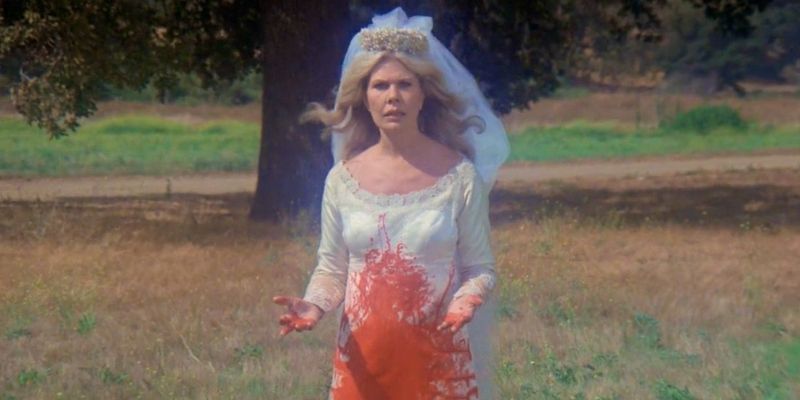
In the controversial M*A*S*H episode “Dreams,” the characters experience vivid nightmares reflecting their inner fears and anxieties. This episode was initially pulled due to its experimental nature and disturbing imagery.
However, it later gained acclaim for its bold storytelling and psychological depth. The intertwining dreams reveal the hidden struggles of each character, creating an intense and emotional experience.
Though initially misunderstood, “Dreams” has become a celebrated part of M*A*S*H’s legacy.
Fawlty Towers: “The Germans”
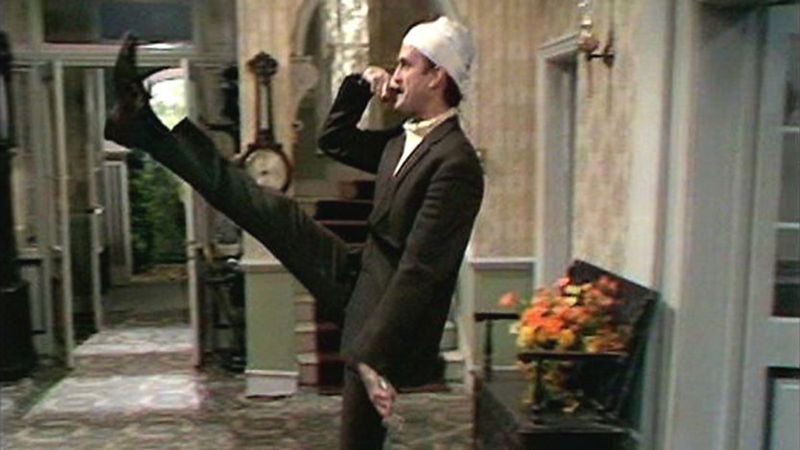
Fawlty Towers’ episode “The Germans” is notorious for its hilariously offensive humor. Featuring Basil Fawlty’s clumsy interactions with German guests, the episode was initially considered too controversial.
Its portrayal of cultural insensitivity and historical references led to its temporary removal from certain broadcasts. Despite the uproar, it remains a classic example of British comedy and has been widely celebrated for its daring humor.
Now, it’s hailed as a masterpiece that showcases John Cleese’s comedic genius.
Married… with Children: “I’ll See You in Court”
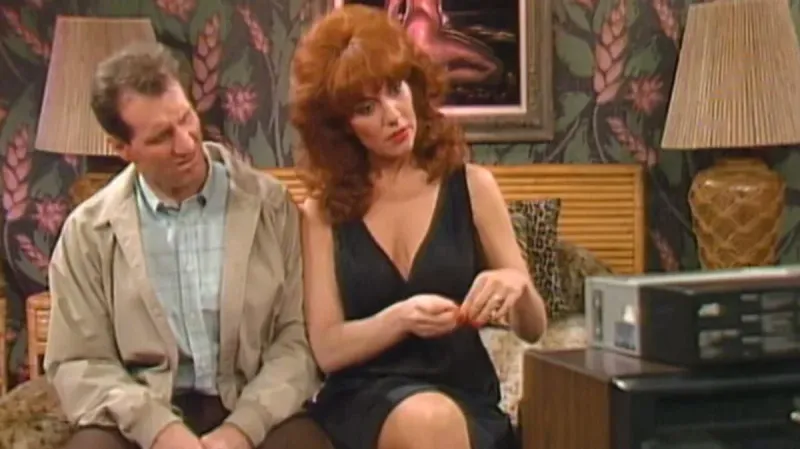
Married… with Children pushed boundaries with its racy humor, and the episode “I’ll See You in Court” was no exception. Featuring a scandalous storyline involving videotaped bedroom antics, it was deemed too risqué for its time.
As a result, the episode was pulled before airing and only surfaced later in syndication. Its bold take on privacy and voyeurism reflects the show’s willingness to tackle taboo subjects with humor.
Fans appreciate it for its audacity and clever social commentary.
The Benny Hill Show: “The Chinese Culture”
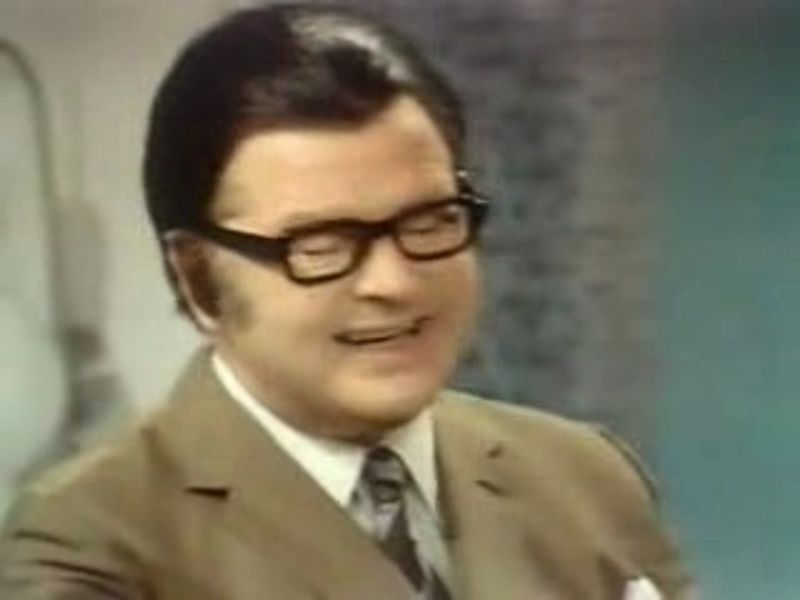
The Benny Hill Show was known for its slapstick humor, but “The Chinese Culture” episode stirred controversy with its portrayal of Asian stereotypes. The episode’s exaggerated characters and comedic misunderstandings were seen as offensive by some viewers.
Consequently, it was pulled from certain airings, reflecting the shifting attitudes toward cultural representation. Despite the backlash, Benny Hill’s humor continues to be celebrated for its wit and boldness.
This episode serves as a reminder of the evolving standards in comedy and media.
All in the Family: “Edith’s 50th Birthday”
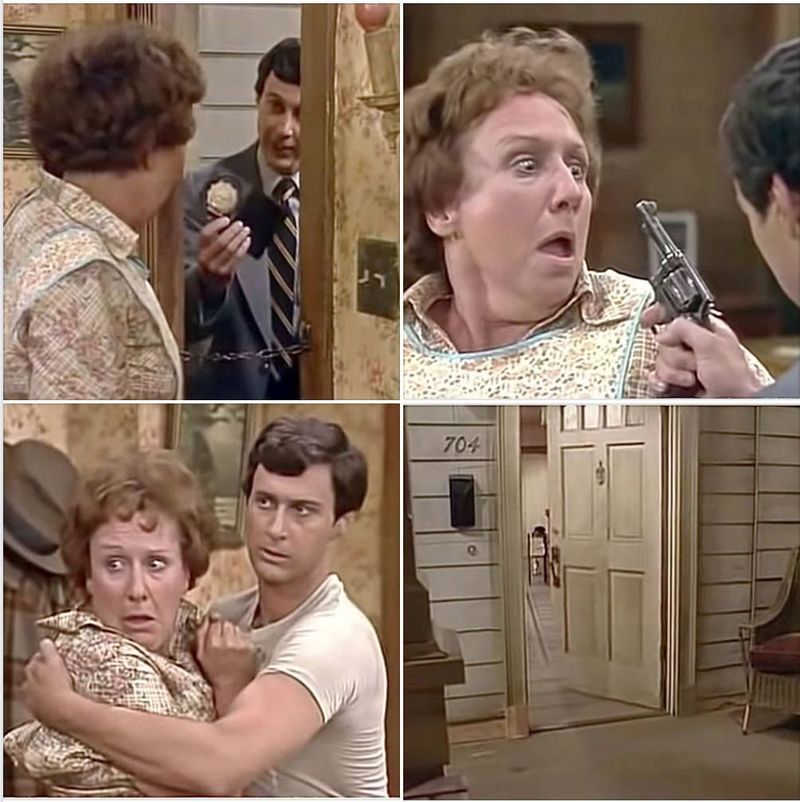
In “Edith’s 50th Birthday,” All in the Family tackled the sensitive subject of sexual assault. The episode’s serious tone and poignant storytelling were groundbreaking, but it faced backlash for its intense scenes.
Initially pulled from some airings, it later became hailed as a powerful narrative on resilience and recovery. Edith’s journey resonated with viewers, highlighting the show’s ability to address difficult topics.
Today, it’s remembered as a crucial part of the series’ legacy, showcasing television’s potential for meaningful storytelling.
The Simpsons: “Stark Raving Dad”
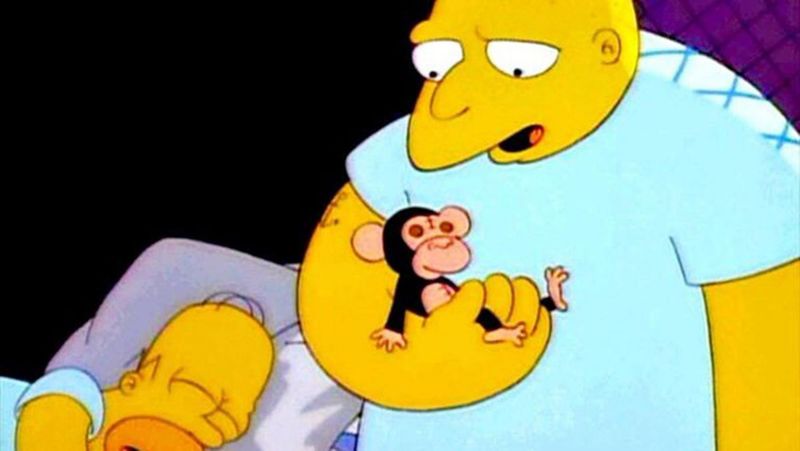
The Simpsons episode “Stark Raving Dad” featured a guest appearance by Michael Jackson, but it was removed from circulation following controversies surrounding the singer. The episode’s whimsical nature and catchy tunes made it a fan favorite.
However, its association with Jackson led to its withdrawal, reflecting changing perceptions of celebrity and accountability. Despite its absence, it remains a beloved part of The Simpsons’ history.
Its music and humor continue to resonate with fans, ensuring its lasting legacy.
Star Trek: The Next Generation: “The High Ground”
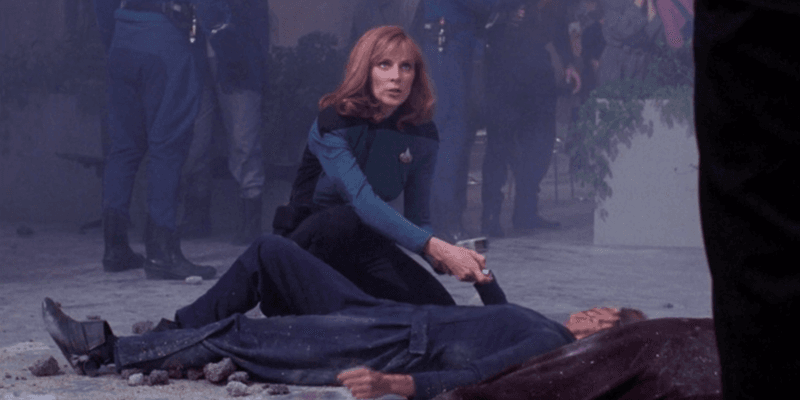
Star Trek: The Next Generation’s “The High Ground” delved into the complexities of terrorism and diplomacy. The episode’s depiction of political tensions led to its ban in certain countries.
Its thoughtful exploration of conflict and peacekeeping showcased the show’s knack for tackling real-world issues. Though controversial, it offered a unique perspective on the challenges faced by societies.
Eventually, it was restored to syndication, allowing new audiences to appreciate its depth.
Diff’rent Strokes: “The Bicycle Man”
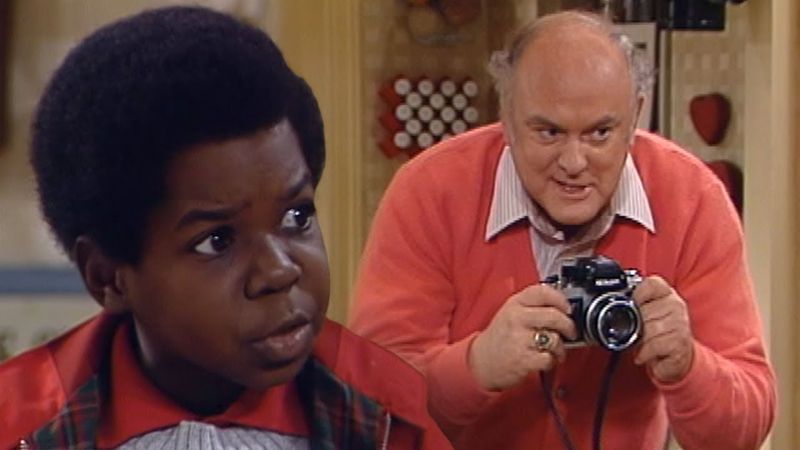
“The Bicycle Man” episode of Diff’rent Strokes addressed the chilling topic of child molestation. Its candid portrayal of a predator disguised as a friendly shopkeeper was both groundbreaking and unsettling.
The episode’s intense subject matter led to its cautious handling and limited airings. Despite initial discomfort, it was praised for raising awareness and protecting children.
Its courageous storytelling remains a powerful reminder of television’s role in education and advocacy.
The Dukes of Hazzard: “Undercover Dukes”
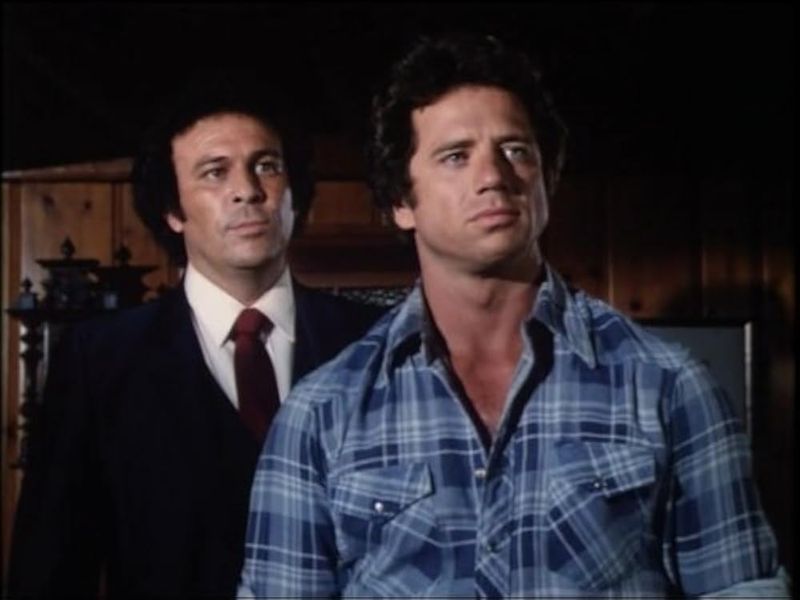
The Dukes of Hazzard episode “Undercover Dukes” was temporarily pulled due to its depiction of law enforcement infiltration. The thrilling car chases and undercover antics added to its appeal.
While initially controversial, the episode later became a fan favorite, showcasing the show’s signature blend of action and humor. Its reintroduction allowed audiences to relive the excitement.
Today, it’s remembered as a classic example of The Dukes’ adventurous spirit and charm.
The Jeffersons: “Lionel’s Problem”
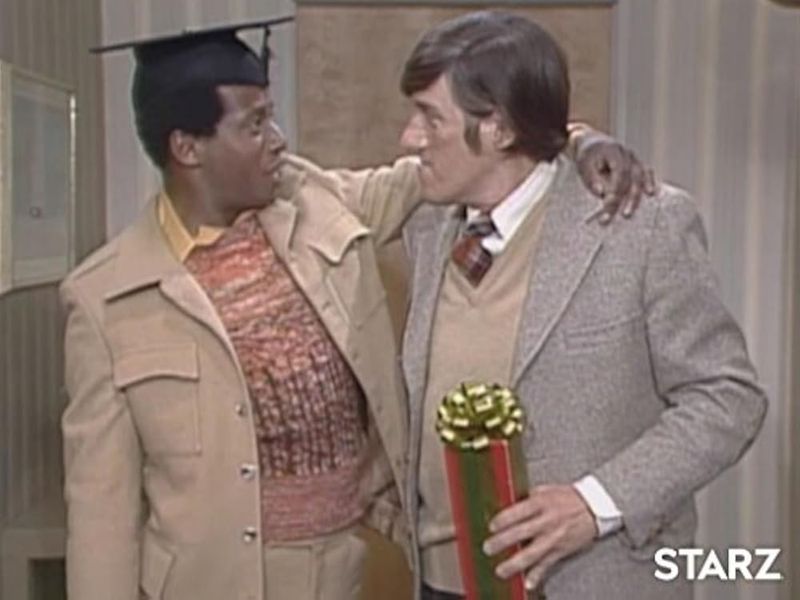
In “Lionel’s Problem,” The Jeffersons addressed the sensitive issue of alcoholism. The episode’s raw depiction of Lionel’s struggles resonated with viewers, but it faced challenges due to its serious tone.
Initially pulled, it later returned to acclaim for its honest storytelling and impactful message. Lionel’s journey toward recovery highlighted the show’s commitment to tackling real-life issues.
Its heartfelt portrayal remains a significant part of television history, emphasizing the power of empathy and understanding.
Cheers: “The Boys in the Bar”
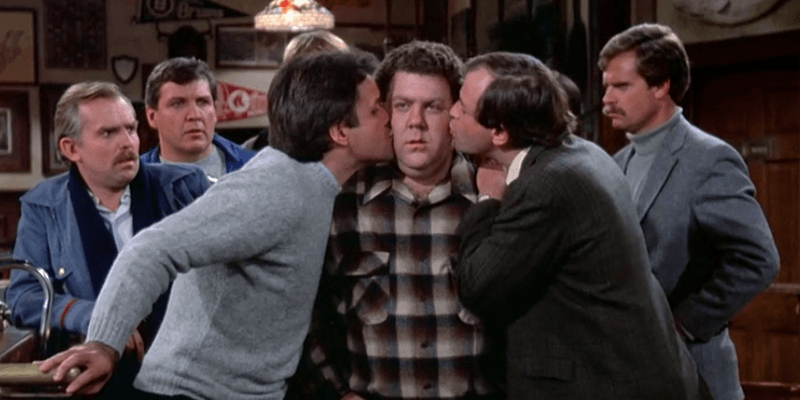
Cheers’ episode “The Boys in the Bar” tackled homophobia with humor and grace. The storyline, involving a bar regular coming out as gay, sparked conversations about acceptance.
Initially met with mixed reactions, it was briefly pulled from some airings. However, its return was celebrated, marking a turning point in television’s portrayal of LGBTQ+ issues.
Its witty dialogue and inclusive message continue to resonate, underscoring Cheers’ legacy as a trailblazing sitcom.
Hogan’s Heroes: “The Kamikazes Are Coming”
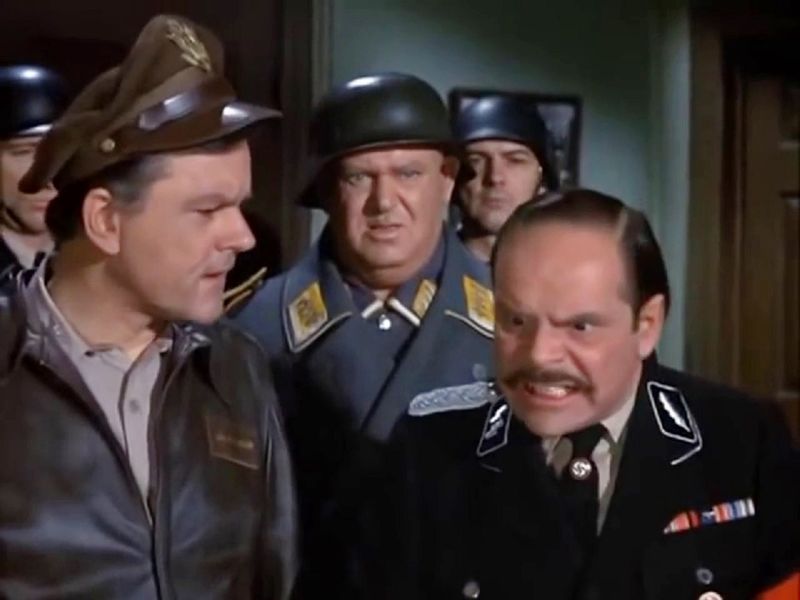
Hogan’s Heroes episode “The Kamikazes Are Coming” was pulled due to its depiction of Japanese soldiers during World War II. The comedic portrayal was initially considered inappropriate.
Over time, it was re-evaluated and appreciated for its satirical take on wartime experiences. The show’s unique blend of humor and history continues to entertain audiences.
Its eventual re-airing allowed viewers to enjoy its comedic charm and clever storytelling once more.
The Mary Tyler Moore Show: “Some of My Best Friends Are Rhoda”
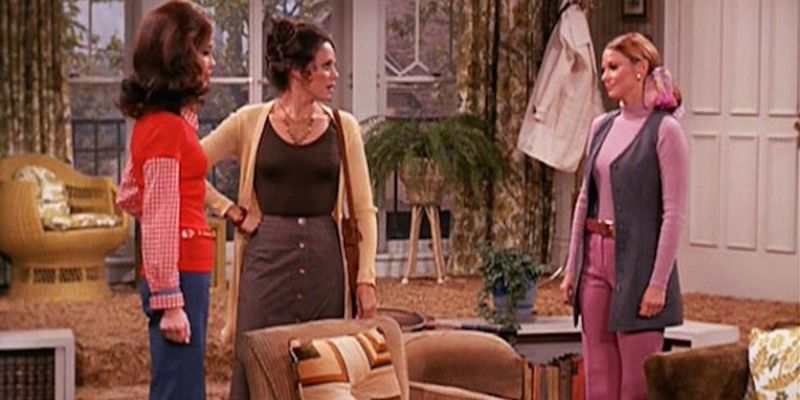
This episode of The Mary Tyler Moore Show faced a temporary pull due to its exploration of racial prejudice. The storyline, centered around misunderstandings and assumptions, offered a comedic yet insightful look at societal biases.
While initially controversial, its eventual return was met with praise for its thoughtful approach to a sensitive topic. Rhoda’s humorous yet poignant journey highlighted the show’s ability to blend comedy with important messages.
Its legacy endures as a testament to bold storytelling and cultural reflection.
Three’s Company: “The Charming Stranger”

The episode “The Charming Stranger” from Three’s Company was pulled due to its portrayal of mistaken identities and comedic misunderstandings. The storyline’s humorous take on deception entertained audiences but raised eyebrows.
Its reintroduction was welcomed by fans who appreciated its lighthearted approach to complex relationships. The comedic antics of the characters added to the show’s charm.
Ultimately, it remains a beloved part of Three’s Company’s legacy, offering laughter and joy.
The Love Boat: “Scandinavian Romance”
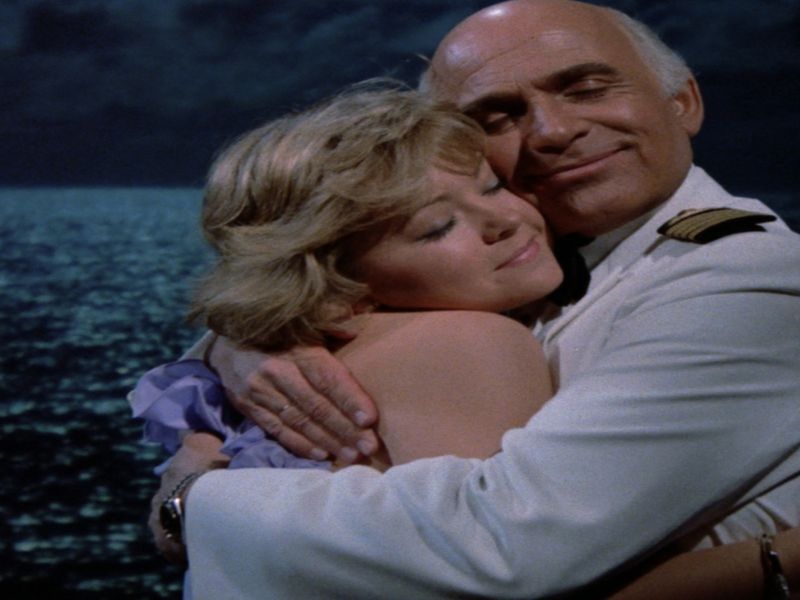
The Love Boat episode “Scandinavian Romance” was briefly pulled due to its portrayal of cultural stereotypes. The lighthearted romance and exotic setting captured audiences but stirred controversy.
Despite initial backlash, its eventual return was met with fondness, reflecting the show’s ability to blend romance with comedy. The episode’s whimsical nature and charming characters continue to enchant viewers.
Today, it stands as a testament to The Love Boat’s enduring appeal and entertaining narratives.
Dallas: “Who Done It?”
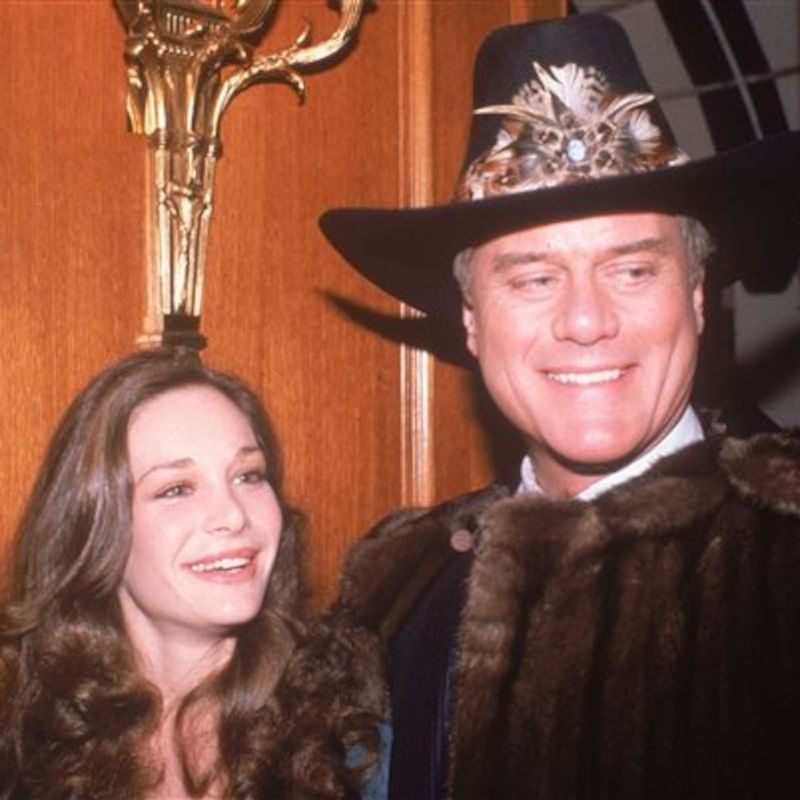
Dallas’ iconic episode “Who Done It?” was initially pulled due to its intense suspense and dramatic twists. The storyline kept audiences on the edge of their seats with its intrigue and mystery.
Its re-airing was eagerly anticipated, cementing its status as a classic television moment. The episode’s skillful storytelling and captivating characters captivated viewers worldwide.
Today, it’s remembered as a defining moment in television history, showcasing the power of drama and suspense.
The Wonder Years: “Pottery Will Get You Nowhere”
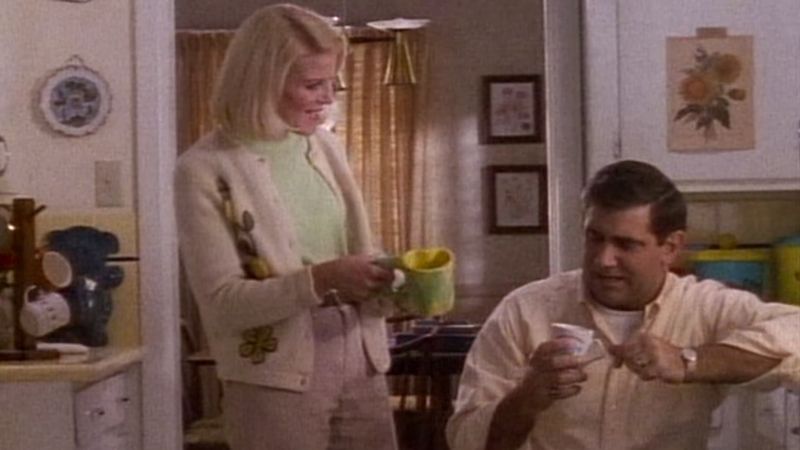
The Wonder Years episode “Pottery Will Get You Nowhere” was temporarily pulled due to its depiction of generational conflicts. The storyline’s heartfelt exploration of family dynamics resonated with viewers but faced scrutiny.
Eventually, its return was celebrated for its honest portrayal of adolescence and growth. The episode’s nostalgic charm and relatable themes continue to touch hearts.
Its legacy endures as a cherished part of The Wonder Years’ journey, capturing the essence of growing up.
The Cosby Show: “Goodbye Mr. Fish”
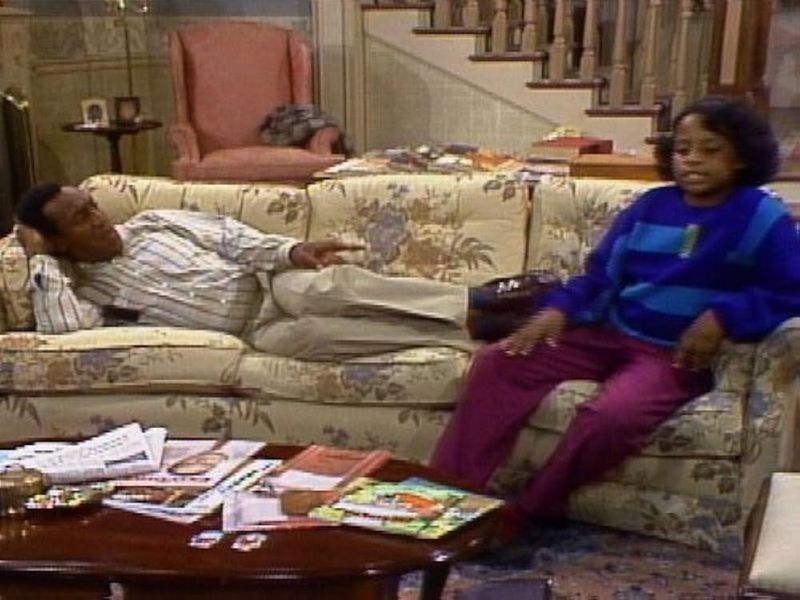
“Goodbye Mr. Fish” from The Cosby Show was pulled due to its emotional portrayal of loss and grief. The episode’s tender moments and heartfelt storytelling resonated deeply with viewers.
Initially considered too poignant, its eventual re-airing was met with appreciation for its genuine depiction of family bonds. The episode’s emotional depth and warmth continue to resonate.
Today, it remains a beloved part of The Cosby Show’s legacy, offering comfort and connection through shared experiences.
